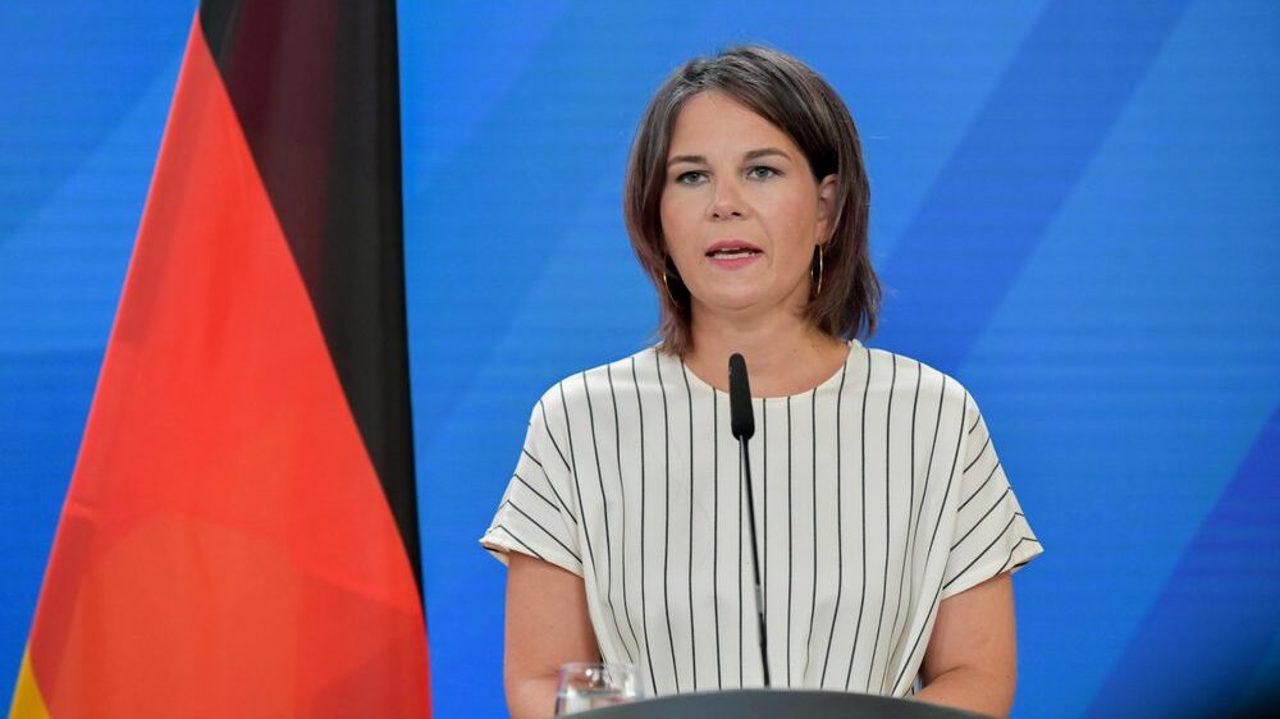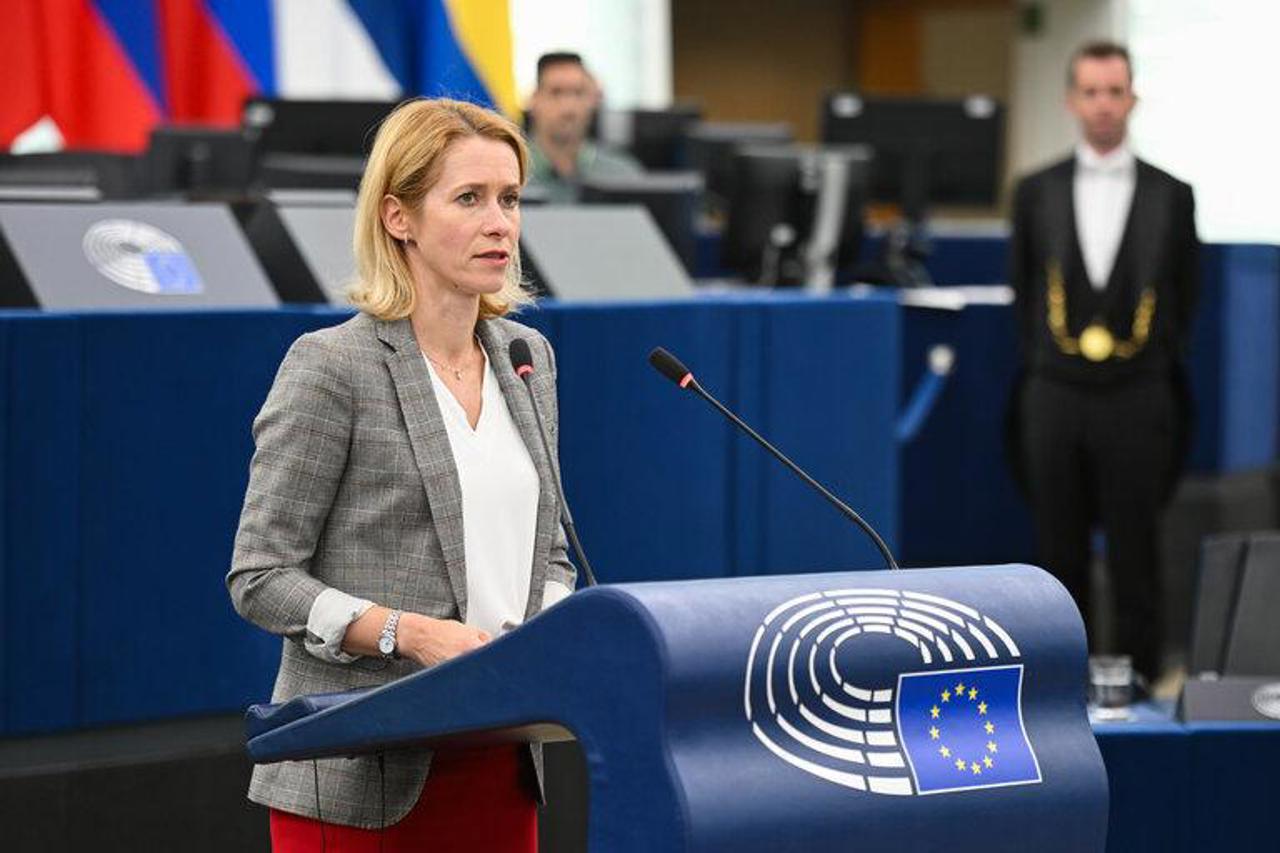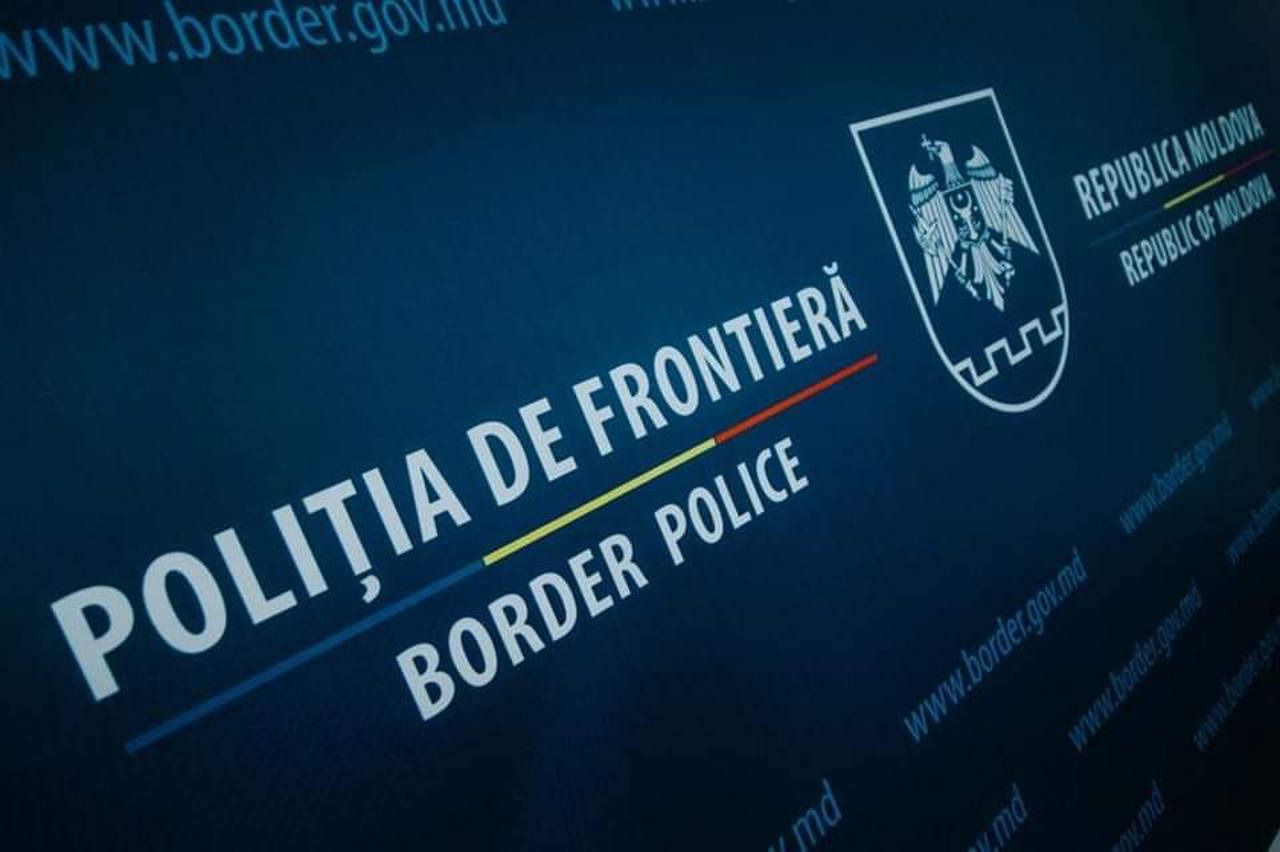Understanding the Moldova-Russia Dynamics: Insights from the German Foreign Minister
The recent developments in the Republic of Moldova, as perceived by the German Foreign Minister Annalena Baerbock, bear resemblance to the initial phases of the conflict between Ukraine and Russia several years ago.

This resemblance harks back to Moscow's unlawful annexation of the Crimean peninsula, as reported by dpa.
These pronouncements were made subsequent to the entreaty for "protection" from Russia by pro-Russian leaders in the separatist enclave of Transnistria within the Republic of Moldova, as per press accounts.
In a session convened on Wednesday, the unacknowledged separatist territory, contiguous to Ukraine, endorsed a resolution, as disclosed by the media in Chisinau.
As per the dictates of the resolution, Transnistria aspires to petition the Russian Federation Council and the State Duma "to enact measures safeguarding Transnistria from escalating pressures emanating from Moldova."
The precise nature of Tiraspol's expectations from Moscow remains opaque at present.
Drawing parallels on Thursday, the German diplomatic chief invoked past events in eastern Ukraine, wherein ethnic minorities were exploited by Russian President Vladimir Putin as a precursor to the widescale incursion into Ukraine in 2022.
"False referendums, spurious procedures designed to destabilise another sovereign nation, constitute a violation of international law," asserted Baerbock. The Ministry has long been cognizant of the external destabilisation efforts targeting Moldova, she appended.
Baerbock underscored her commitment to upholding Moldova's territorial integrity.
In 2014, Moscow effectuated the illicit annexation of the Crimean peninsula subsequent to orchestrating a plebiscite querying the populace's inclination towards joining the Russian Federation. Neither the plebiscite nor the annexation garnered international recognition.
Translation by Iurie Tataru




